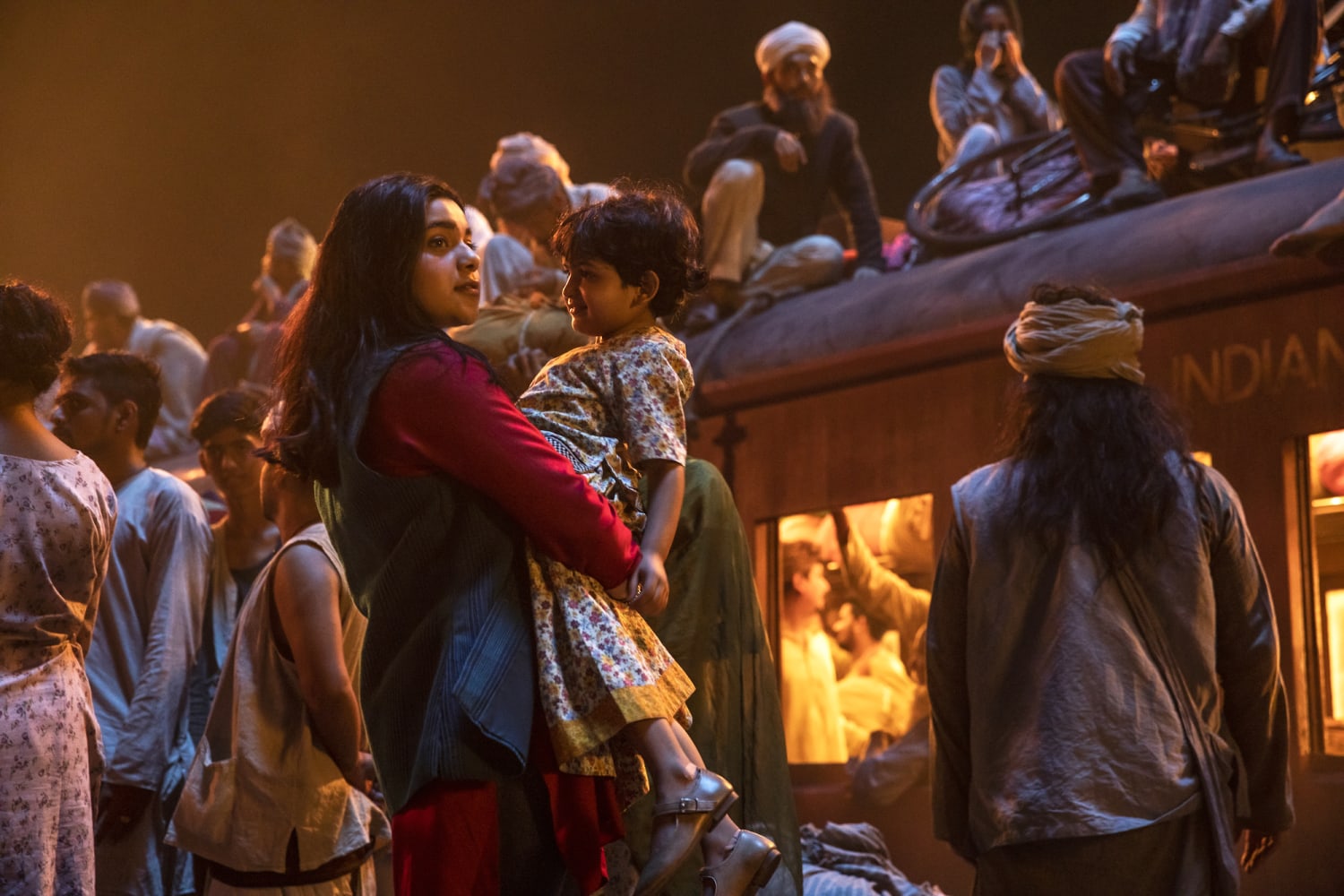As fans of the Disney+ series “Ms. Marvel” wait to hear whether there will be a second season, Sahar Arshad is ready to watch the first season again — this time with her grandmother.
The show about a superhero-obsessed Pakistani American teenager shines a spotlight on South Asian heritage, particularly the painful division of the Indian subcontinent 75 years ago into the independent countries of India and Pakistan.
India’s departing British colonial rulers drew borders roughly along religious lines, creating a Hindu-majority India and a Muslim-majority Pakistan. The result was the mass migration of at least 12 million people between the two countries, amid ethnic and religious violence that killed as many as 2 million people.
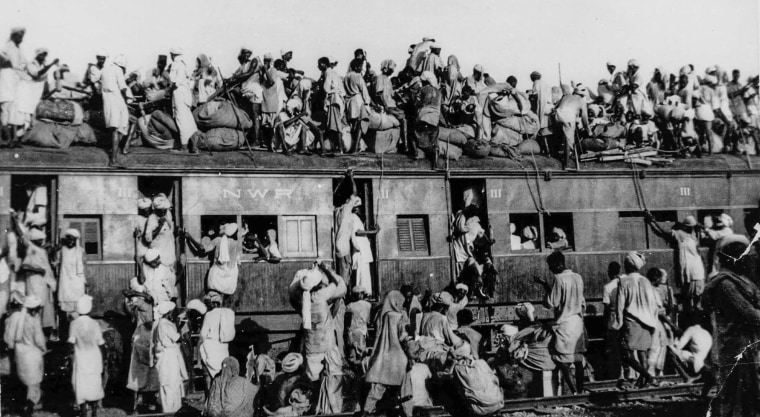
Among those displaced was Arshad’s grandmother, who went to Pakistan from Hyderabad, India.
“A lot of our grandparents are very strong, strong people, because of the way they’ve rebuilt their lives — for a lot of people from almost nothing,” said Arshad, 20, a university student in Boston who grew up in Karachi, Pakistan. “It’s incredible, but it’s not something that anyone deserves.”
Experts say the trauma of Partition lingers in those who lived through it and has been passed down to their descendants.
“There wasn’t just the threat of physical violence. They saw physical violence,” said Furrukh Khan, an associate professor of postcolonial studies at Pakistan’s Lahore University of Management Sciences.
“It’s almost this wound that never really heals,” he said.
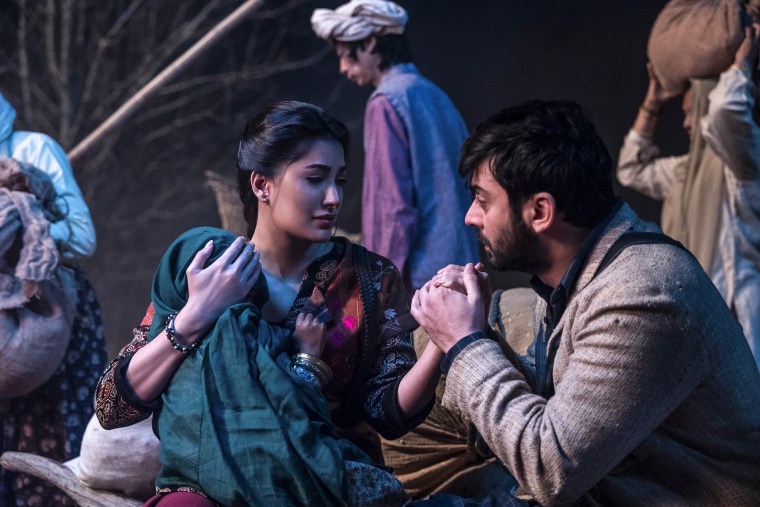
Ria Mazumdar, 25, who was born and raised in New Jersey, also grew up hearing stories about Partition from her grandparents, all of whom were displaced. After watching the show, she said, “it felt so much more real and, like, raw to me.”
In the fifth episode of the series, main character Kamala Khan travels back in time and witnesses Partition for herself. For many South Asians, the depiction of Partition in “Ms. Marvel” was the first they had seen in English-language entertainment. It was also the first time many Western viewers learned about it at all.
“This is a huge mass migration, the biggest one in history, and yet so many people after watching the show came out [and] said, ‘This is the first time I’ve ever heard of the partition of South Asia in 1947,’” said Priya Satia, a specialist in British imperial history at Stanford University who served as a consultant on the show.
Asfandyar Khan, who plays Kamala’s cousin Owais, attributed the relatability of the show to producers’ extensive research of Partition and the hiring of director Sharmeen Obaid-Chinoy, who won Pakistan’s first Academy Award in 2012, to shoot the episodes based in Karachi, a major port city in the country’s south.
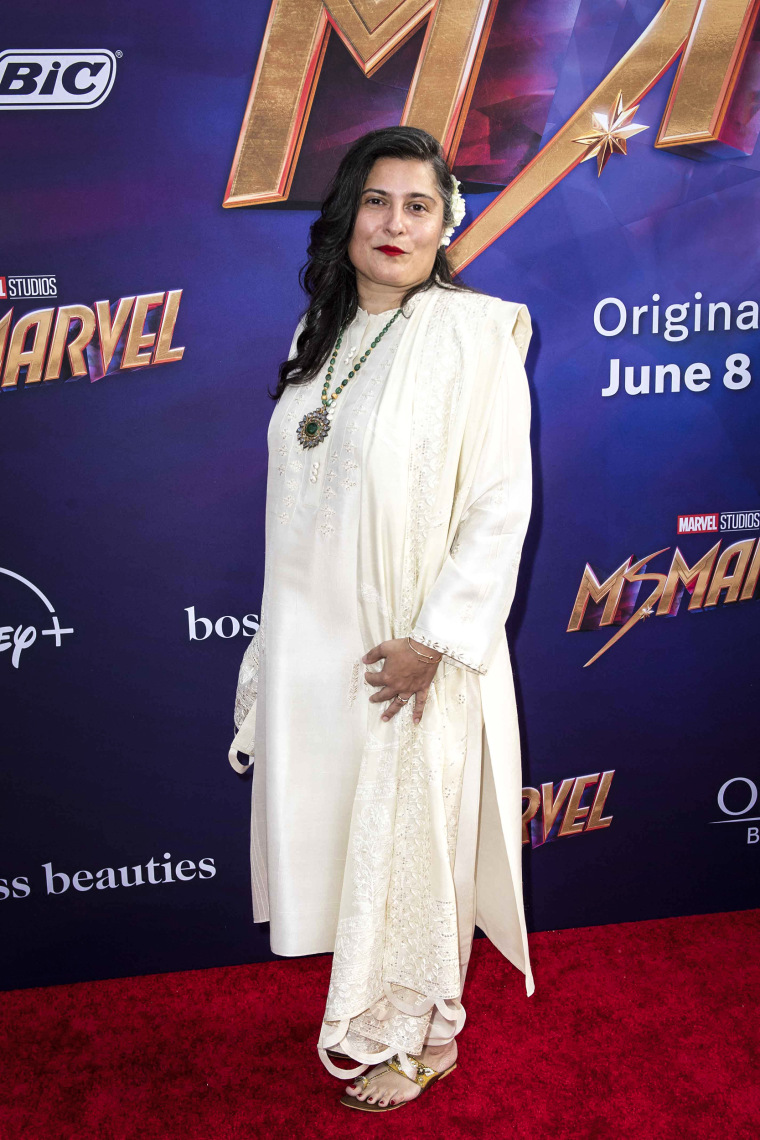
“She had built this huge archive with these different folders,” Khan said. “There were folders of Partition in previous films … and then there were different archives of actual footage, actual photographs and there were archives of stories.”
Obaid-Chinoy was also in constant communication with the production team, Khan said, to ensure accuracy.
“It was a team of writers, of producers and directors who are extremely dedicated to getting the human side of the story right,” Satia, the consultant, said. “They were extremely sensitive to what a painful episode this was, and what a world historical episode this is.”
Partition is still an emotionally charged part of history for both India and Pakistan, whose narratives about it — including in entertainment — tend to be politicized.
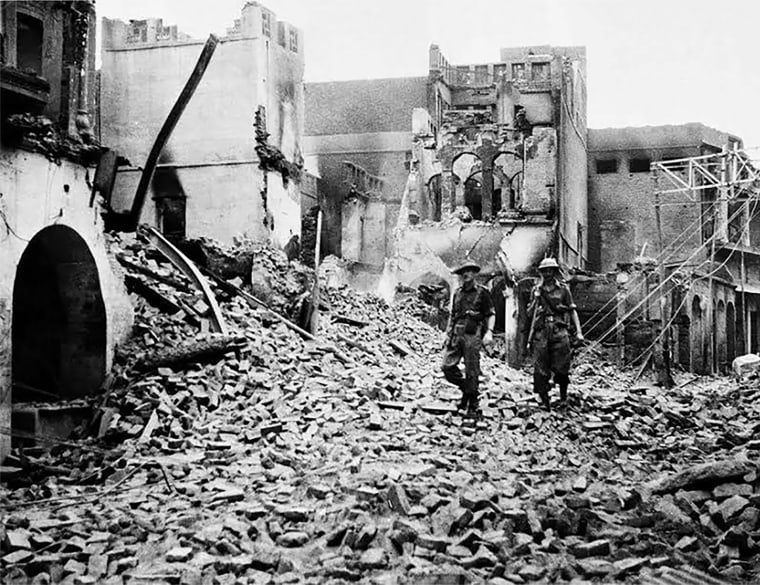
Experts caution that other fictionalized accounts, including the one in “Ms. Marvel,” may not be historically accurate either, nor are they meant to be. But they say the show does shed light on aspects of Partition that have long been overlooked, particularly the experience of women.
“It has revived memories of that partition, and I think that’s good,” said Ayesha Jalal, a professor of history at Tufts University in Boston. “It’s a fictionalized depiction, and I think that I would urge viewers to view it for the purposes of enjoyment and not as history.”
Mazumdar said the show might also encourage South Asians, especially those in the diaspora, to delve deeper into their own family histories.
“It’s really inspiring to be able to see yourself not as a fringe member of society, but someone who is part of this very incredibly diverse collection of people,” she said.
Source: | This article originally belongs to Nbcnews.com


